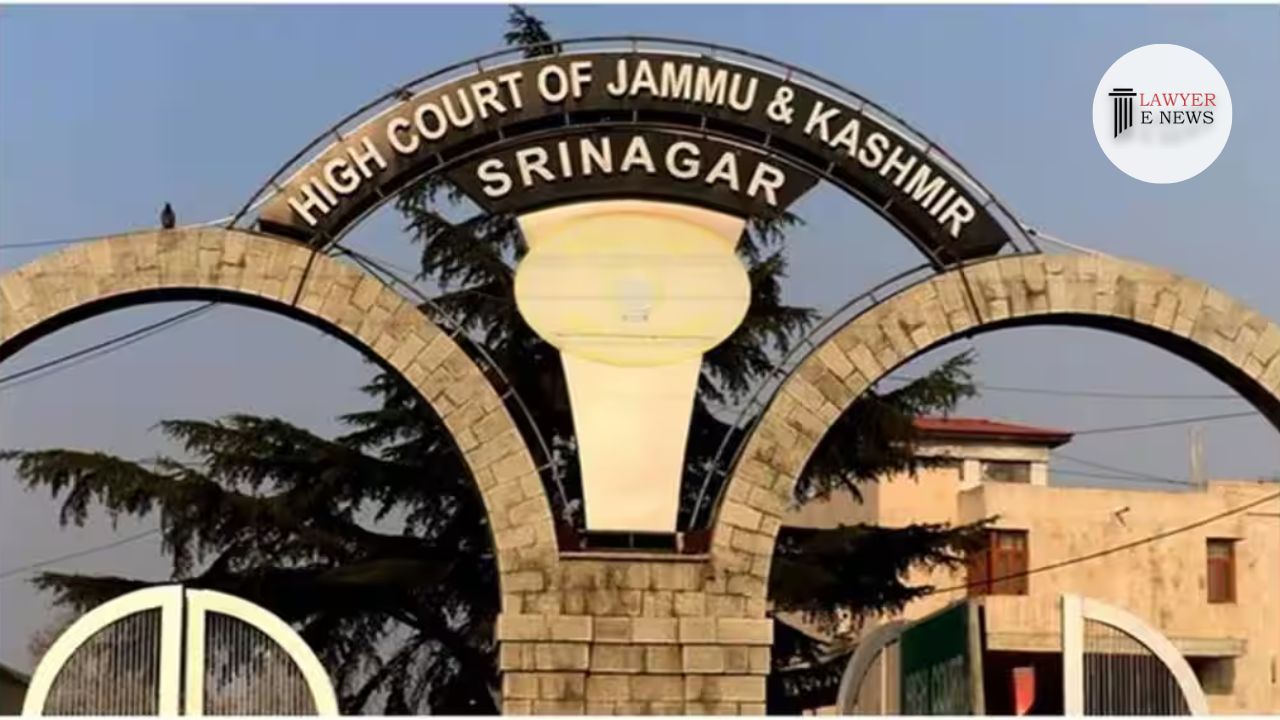-
by Admin
15 February 2026 5:35 AM



In a significant decision, the High Court of Jammu & Kashmir and Ladakh at Jammu overturned a conviction, citing the failure to properly present incriminating evidence and a violation of the principles of natural justice. The judgment, pronounced on June 16, 2023, highlights the importance of fair trial proceedings and the need to adhere to legal procedures.
The appellant, Raman Masih, had appealed against his conviction for offenses under section 376 (rape) and section 456 (lurking house trespass) of the Ranbir Penal Code. The High Court, in its judgment, emphasized that the incriminating evidence brought against the appellant had not been adequately put to him during the trial, as required by Section 342 of the Criminal Procedure Code.
Quoting from the judgment, the court noted, "The incriminating evidence brought on record has not been put to the appellant in accordance with law... This provision is an embodiment of the principle of natural justice that no one should be condemned unheard." The failure to properly present the incriminating evidence resulted in prejudice to the appellant and compromised the fairness of the trial.
The court further highlighted that during the examination of the accused, the trial court did not specifically confront the appellant with the specific incriminating statements made by the prosecution witnesses, which is a fundamental part of a fair trial. This irregularity, as emphasized in previous Supreme Court judgments, can vitiate the trial and impact the appreciation of evidence.
Considering the passage of time since the incident, the High Court concluded that it would be unjust to remand the case for further examination of the appellant after a significant period. The judgment underscores the need to conduct trial proceedings in a manner that upholds the principles of natural justice and ensures fairness.
This decision serves as a reminder to the legal fraternity and the judiciary about the importance of properly presenting evidence and giving the accused a meaningful opportunity to explain adverse circumstances. The adherence to procedural safeguards and principles of fairness is essential to maintain public confidence in the justice system.
The case also highlights the significance of precedent, as the court referred to earlier Supreme Court judgments that emphasized the necessity of putting all relevant questions and material circumstances to the accused during the examination under Section 313 of the Criminal Procedure Code.
The High Court's ruling in this case not only protects the rights of the accused but also upholds the integrity of the justice system. It serves as a reminder that justice can only be served when the fundamental principles of natural justice are upheld throughout the legal process.
Date of Decision: 16th June 2023
Raman Masih vs State of J&K
